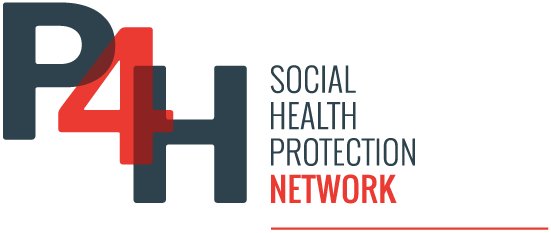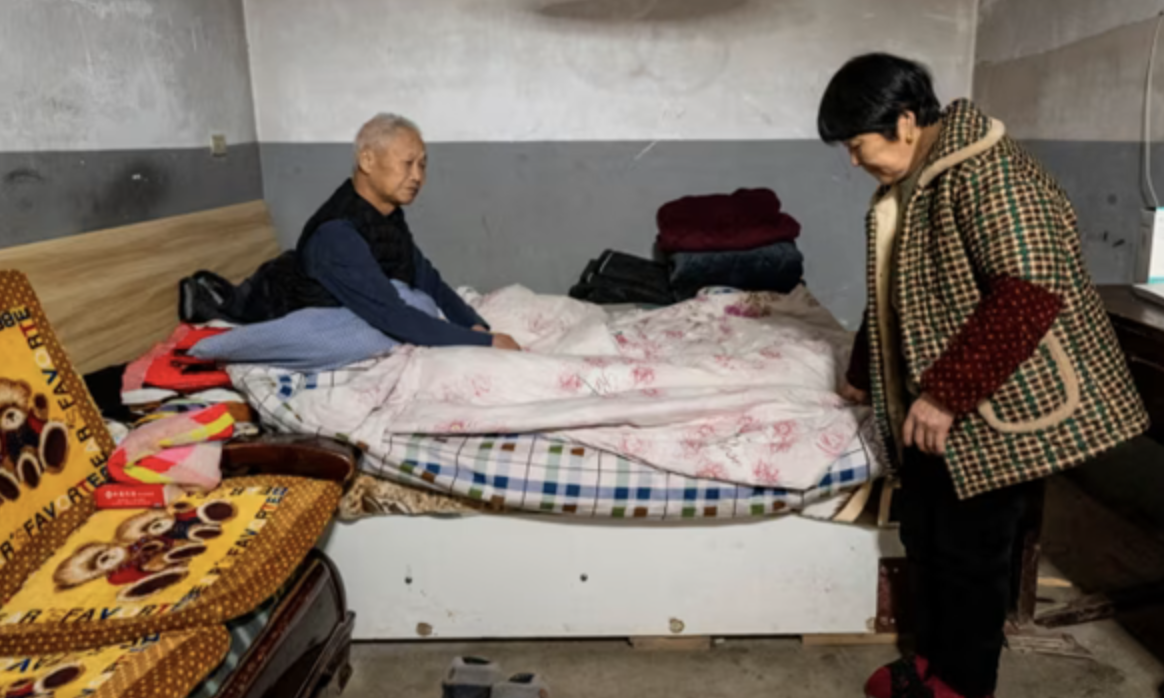
High Medical Bills Pose Threat to China’s Economy and Consumer Spending
Globally, China’s rate of catastrophic health spending is among the highest, far exceeding the 13.2% average recorded in 2017. By comparison, Russia and Malaysia, two countries with similar per-capita GDP, reported rates of 7.7% and 1.5%, respectively.Across China,...
Budget execution in health : from bottlenecks to solutions (English)
The World Bank report Budget Execution in Health: From Bottlenecks to Solutions explores challenges in health budget execution and offers practical solutions for policymakers. It examines financial management trends, policy responses, and a structured approach to...
Disease control priorities, fourth edition: Volume 1. Country-led priority setting for health
Global health partnerships play a crucial role in strengthening health systems, advancing universal health coverage, and addressing pressing global health challenges. The World Bank's latest report examines how these partnerships can be more effectively leveraged to...

Egypt, Armenia explore cooperation opportunities in health sector
Deputy Prime Minister and Minister of Health and Population Khaled Abdel Ghaffar met with Armenian Ambassador Armen Sarkissian to enhance collaboration in the health sector, focusing on pharmaceuticals, training, and health insurance. Deputy Prime Minister and...
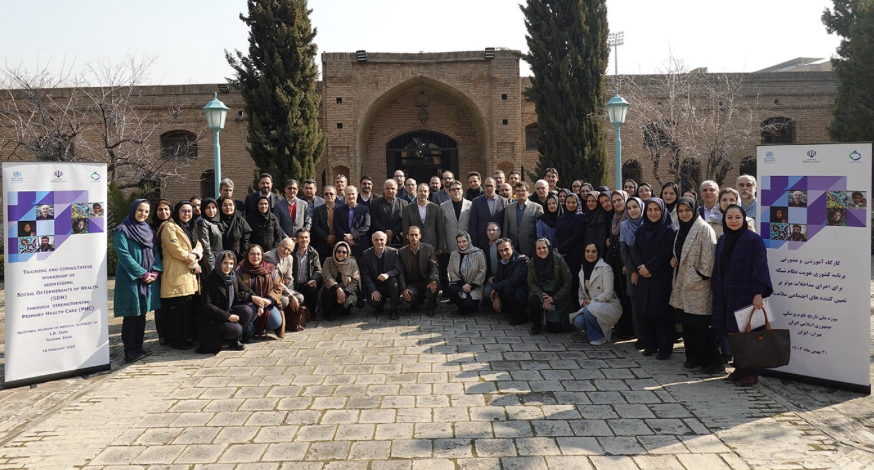
Iran advances health equity by addressing the social determinants of health through PHC
MoH&ME in Iran, in collaboration with WHO, organized a workshop focused on integrating social determinants of health into primary health care to address health inequities in the country. The event brought together stakeholders to develop actionable strategies and...
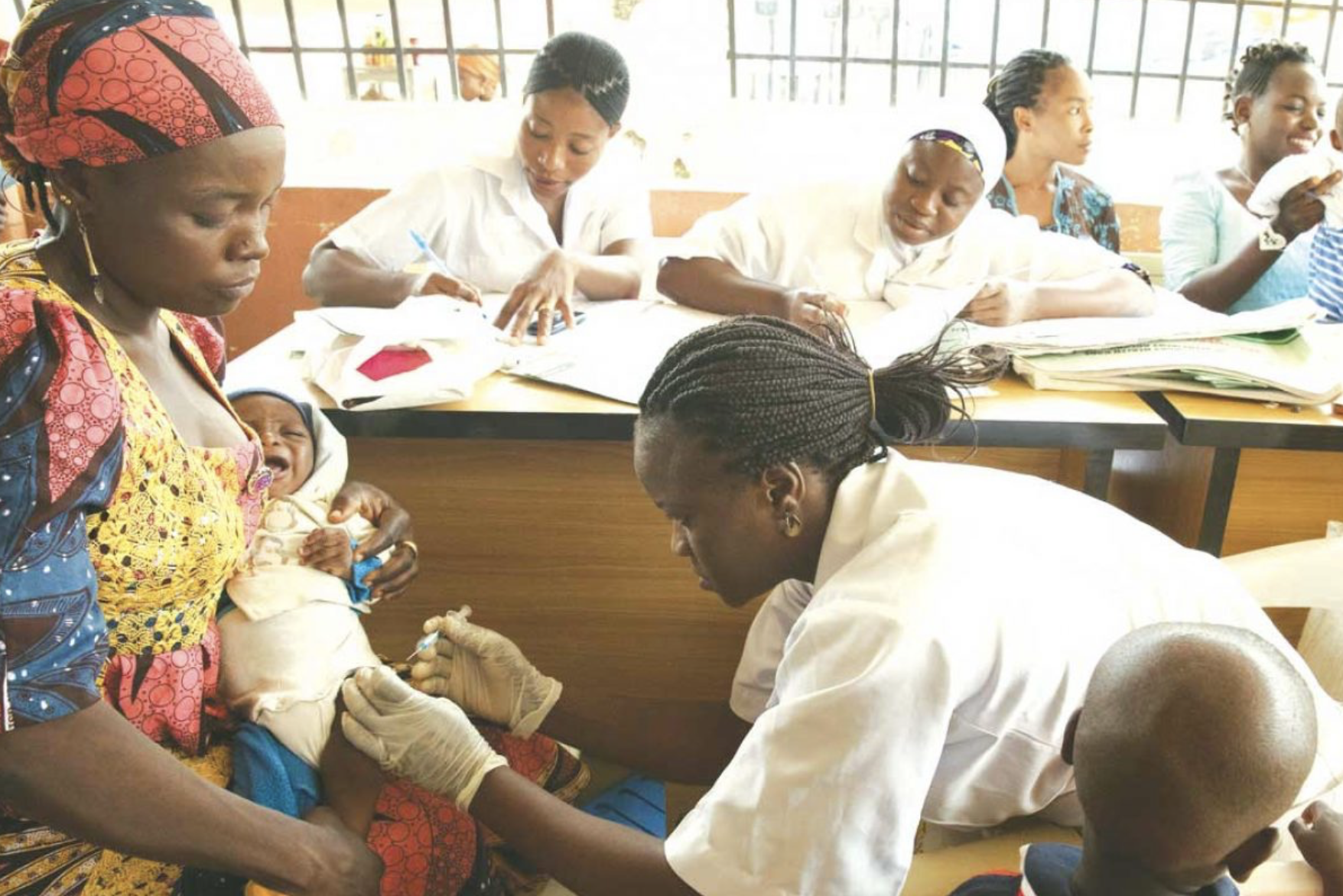
Pathways to solving Nigeria’s out-of-pocket healthcare emergency crisis
Nigeria faces severe public healthcare challenges, with over 90% of the population relying on out-of-pocket payments, leading to substantial financial hardship and high rates of preventable illnesses and deaths. Despite the establishment of the National Health...
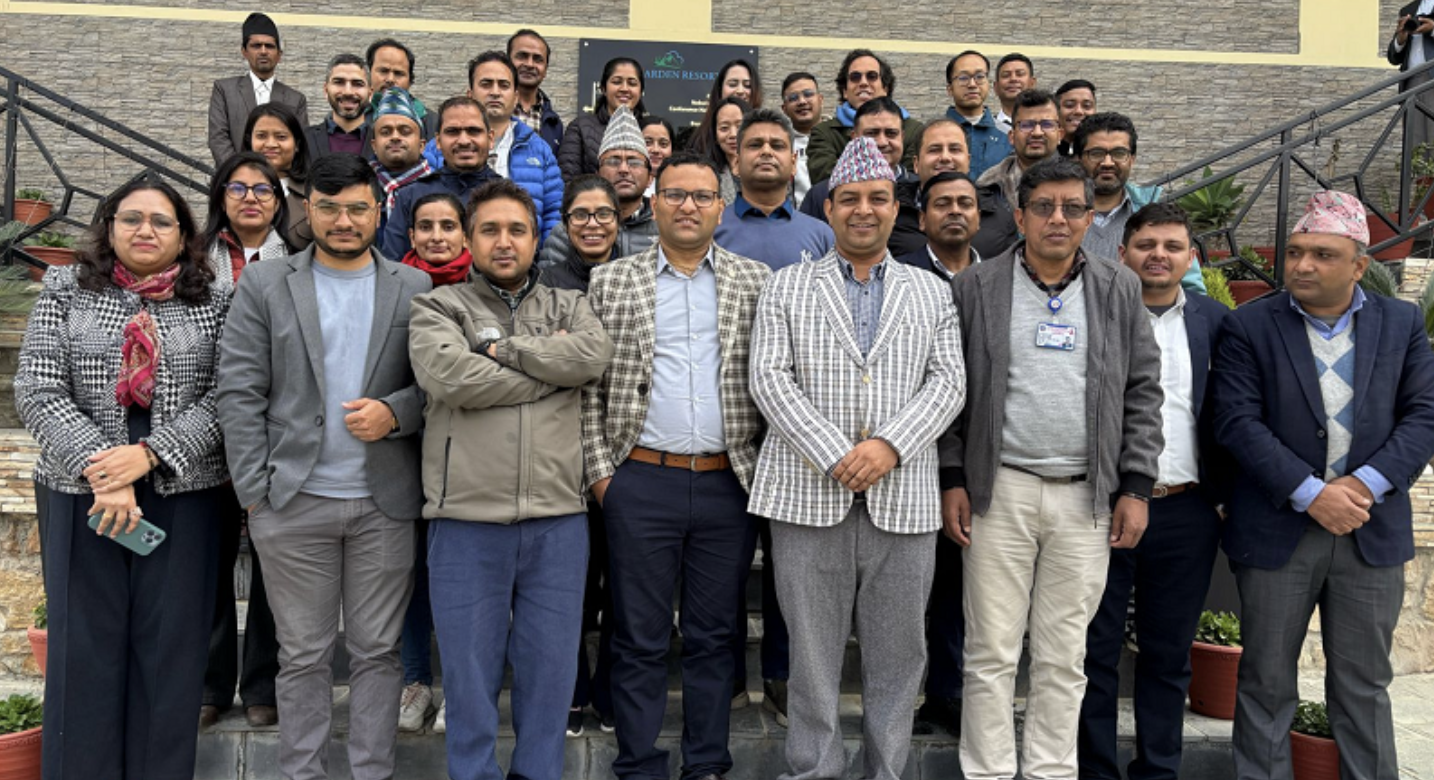
Training workshop on measuring financial protection for UHC in Nepal
The Ministry of Health and Population (MOHP) in Nepal, with support from WHO, held a three-day workshop on financial protection for Universal Health Coverage (UHC) from February 17-19, involving various health officials and development partners. The Ministry of Health...
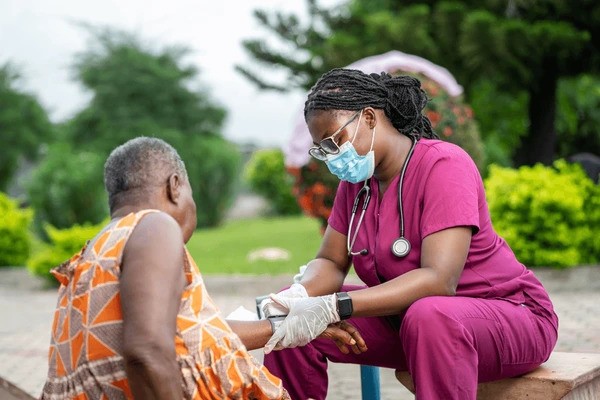
Global health financing must prioritise gender equity to achieve universal coverage
Amref Health Africa’s blog emphasises the need for gender-responsive health financing to achieve universal coverage, showcasing global examples of successful models and highlighting the upcoming AHAIC 2025. Ensuring gender equity in health financing is crucial for...
Decree on Universal Health Coverage in Cameroon
Decree creating and organizing the National Technical Unit in charge of implementing phase I of Universal Health Coverage in Cameroon.
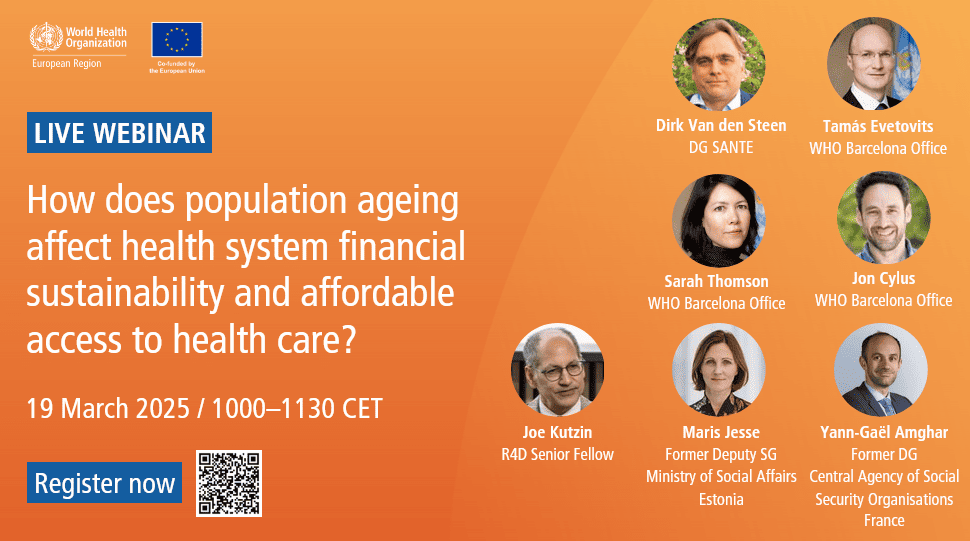
Webinar: How does population ageing affect health system financial sustainability and affordable access to health care?
The WHO Barcelona Office for Health Systems Financing is hosting a webinar on 19 March 2025, from 10:00 to 11:30 CET, to explore how population ageing affects health system financial sustainability.The WHO Barcelona Office for Health Systems Financing is hosting a...
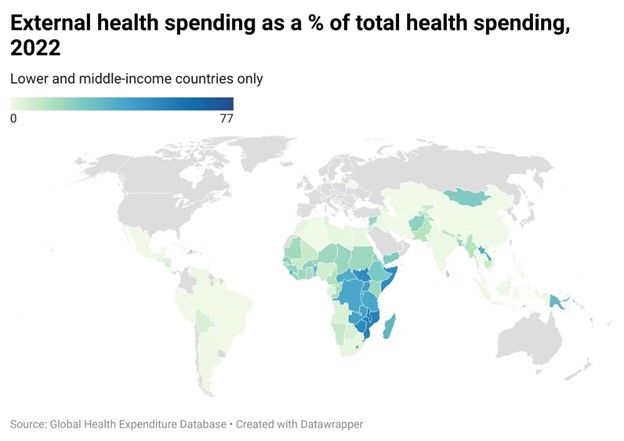
Montreux Collaborative blog explores strategies for sustainable health financing
The Montreux Collaborative’s latest blog examines how low- and middle-income countries can navigate aid transitions and strengthen domestic health financing for long-term sustainability. The Montreux Collaborative has released a new blog, Precipitated aid transition...
Institutional Strategic Plan 2023 – 2026 for health in Honduras
The strategic health plan for the period 2023-2026 was publicly distributed by the Management Planning and Evaluation Unit of the Ministry of Health in Honduras in April 2024. The strategic plan provides information on health sector financing and insurance including...
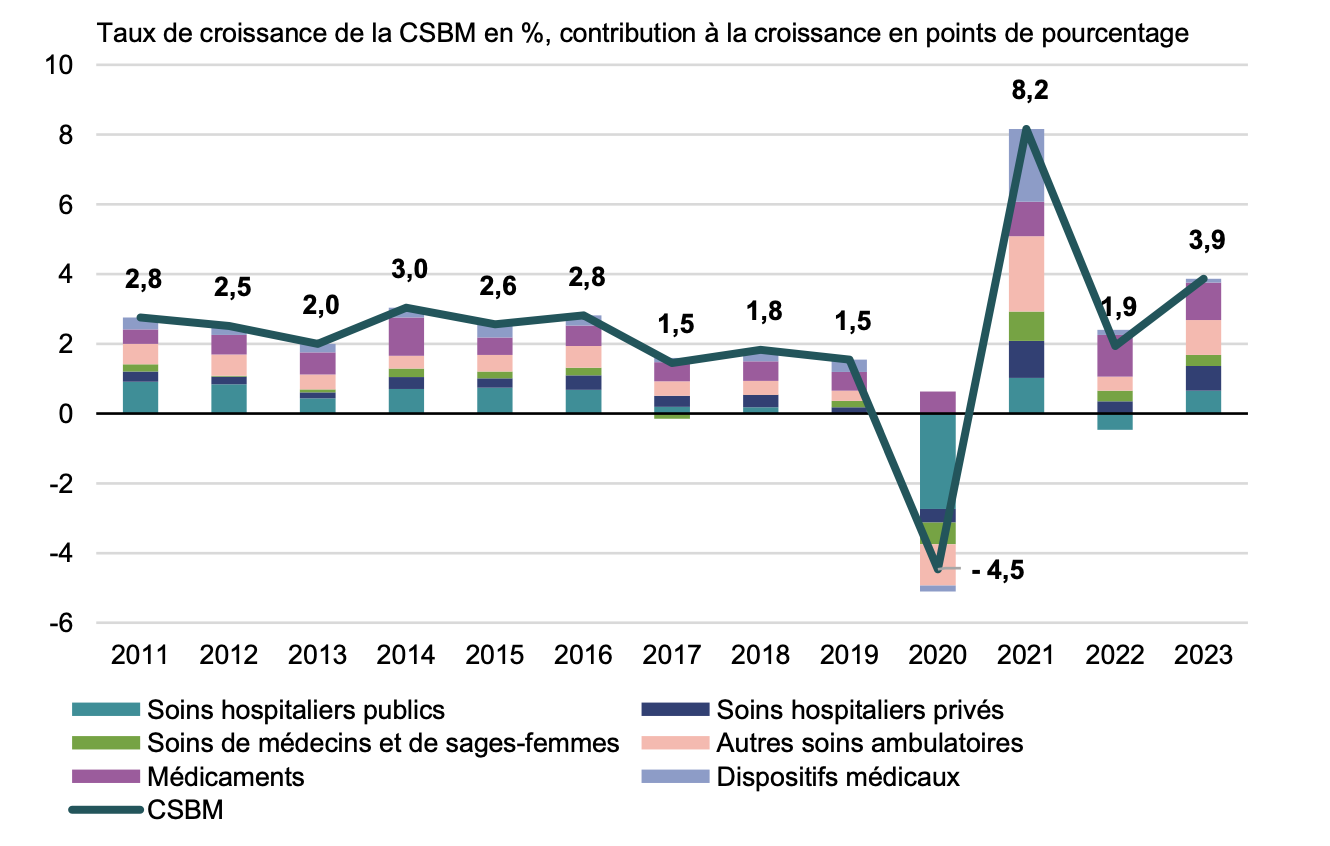
Drees publishes a panorama of healthcare expenditure in 2023
In 2023, healthcare expenditure in France will reach €325 billion, up 3.5%, driven by hospital care and drugs. Outpatient care continues to lag behind. Out-of-pocket expenses will fall to 7.5%, thanks to the 100% health plan and increased support from the French...
Blended finance to the rescue? Subsidies, vaccine bonds and matching funds in global health
Felix Stein and Desmond McNeill critically examine the role of blended finance in global health in their article published in the Journal of Global Public Health. Analysing three key instruments—vaccine bonds, advanced market commitments (AMCs), and matching...
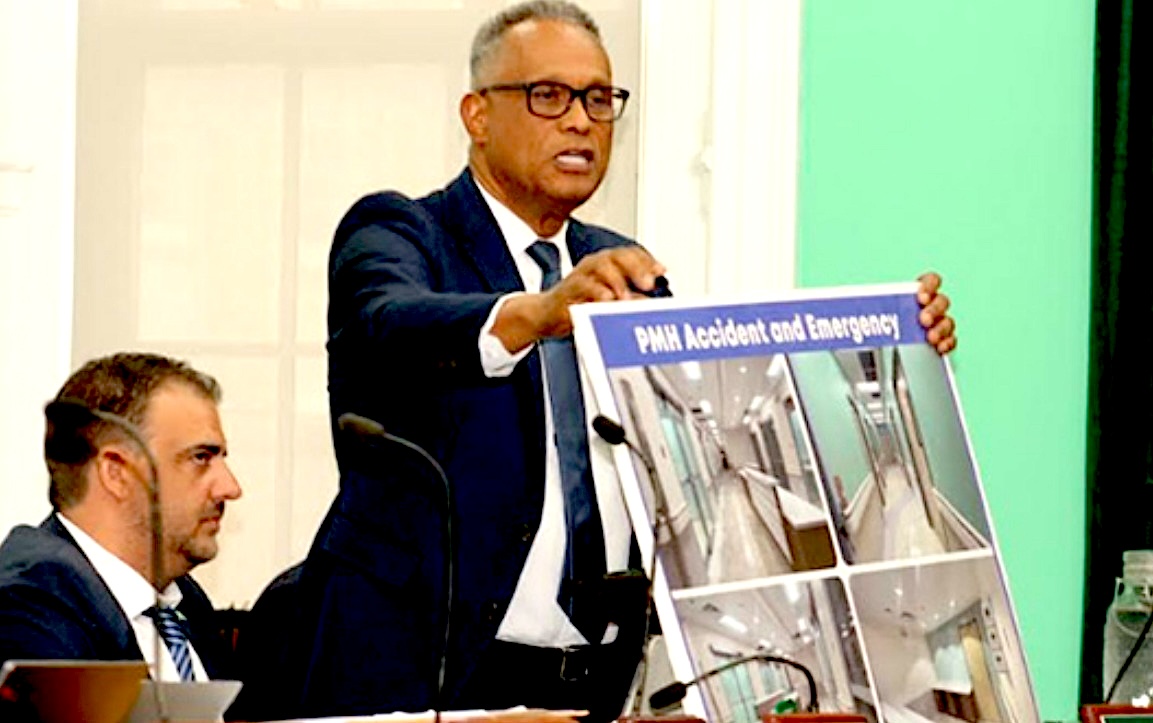
2025 health budget in the Bahamas will strengthen National Health Insurance
Previously under the Ministry of Finance a new line item - Social Assistance Benefits - is added to the 2024-2025 health budget in the Bahamas. This strengthens the momentum toward the National Health Insurance and moves closer to the implementation of catastrophic...
